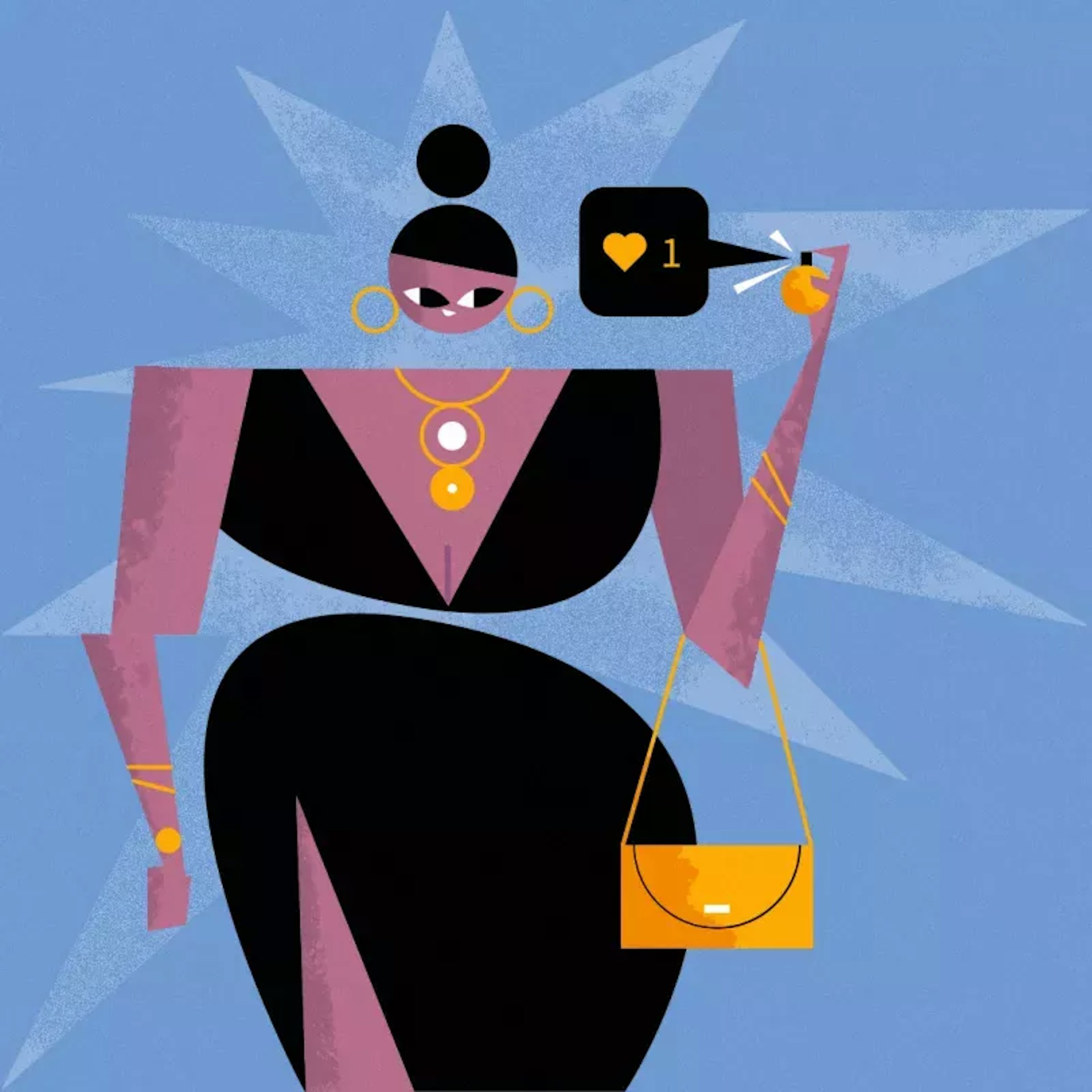
The ethics of major brands
Branding
6 min
From Team Marvelous
We saw it with Sprite, giving teenagers in trouble a place to express themselves on Reddit :
We saw it with P&G, playing the advocate of the black cause in problems linked to racism:
There is a long list of multinationals taking up social issues, constructing morals, positioning themselves on a chessboard of human values, sometimes in one camp, sometimes in the other. It's as if the last twenty or thirty years had been all about fun, and now we're seeing the dawn of a new era, one that's more conscientious, more serious, that expresses itself at face value. Gone were gags for gags' sake, flower necklaces and slightly (or totally) vulgar jokes. It's time to look at morality, and see which brand can make the most noble statement about the 'underprivileged'.
But what does Sprite have to do with suicidal teenagers, you might ask? And above all, what does P&G (which, for those who don't know, is an American multinational specialising in hygiene and beauty products, so much for selling shower gel) have to do with the black cause? It's absurd. Well, yes. But that's our world. I'm not going to analyse the ads themselves today. I'll take them here as a symptom. The next symptom.
The major brands have understood this: consumers are looking for meaning, value and ethics. Society is changing, and the world is not the same as it was twenty years ago. Nowadays, everyone has to have a 'position', they have to be politicised. If you don't take sides, you find yourself in the dock. To do nothing is to do something, it's to take the decision to resign, to run away, when our world has so many problems to deal with, and they need to be dealt with right away. Brands have understood this paradigm shift. As a result, they are now taking a moral stance. They take sides in social debates. They occupy a position that was previously reserved for the spheres of education, journalism and criticism. We could go so far as to say that today the product sold is less important than the ethics of the underlying discourse. This is even the case if we take the example of clothing brands that increase their prices in order to produce with local materials.
An interesting question is whether brands have seized a space left empty by public authorities, education and civil society. Schools, restricting the freedom given to teachers to express their opinions as a precautionary measure, are retreating from their moral vocation. There is a great risk that teachers will express what they think about a particular social issue. The pressure on teachers increases, and with it the temptation to retreat into the pure subject matter that they teach, without making the slightest attempt to pass on a vision of the world to their pupils. Journalists, also under pressure, are moving towards a neutral version of information. Expressing oneself in the public sphere in one's own name has become dangerous. Opinions clash radically, and the slightest misstep can be fatal. As a result, a new space is opening up in which there is no need for moralising discourse, and in which brands and major companies are beginning to make inroads. Their impersonality and anonymity give them a certain security. Unlike an individual who doesn't get a second chance, brands can turn around, slightly modify their message, or claim that they have been misunderstood.
In this game of moral bias, there will obviously be winners and losers, depending on the ability of companies to identify the trend and seize it intelligently. But it's a cat-and-mouse game, because we can ask ourselves whether it's the popularity of the brand, upstream, that makes it criticised or not when it presents its new warhorse, or whether it's the warhorse that wins it a victory it would not otherwise have won. The case of Gillette versus Nike is emblematic. Gillette is a brand that, from the outset, can only 'seduce' men, since it is aimed almost exclusively at them. So how can we expect to be supported in a cause that is initially driven by women? Conversely, Nike is the pinnacle of popularity across all ages, nationalities and genders. So when Nike takes up the cause of women, it does so as a brand that is already a winner. Women might have taken offence at the fact that their fight had become an epic poem to the glory of an all-powerful multinational. But we have Nike on our feet... Why spit on them when they're... So beautiful... If only I could buy that last pair... So precious. So I have to say it: hurrah! The Nike ad is so stylish. Wow!
And yes, here we are. Your struggles, your values, your personal ethics, are being turned against you to sell you products. But it makes perfect sense. These are ideological times, so brands need to become ideological.
This is positive in the sense that companies have understood that they need to promote a lifestyle and an ethic rather than just a consumer product. It's negative in the sense that it requires more and more rhetorical finesse and conceptual pirouettes, and the manipulation can also become even stronger as consumers become more radical in certain worldviews and therefore more sensitive to certain arguments.
There is no question here of resolving this new paradox before us: having asked the major capitalists to make ethical efforts, we find ourselves in a situation where the efforts they make become a selling point. It's impossible to put an end to this debate, which should involve the whole of society: where do we draw the line between pure appearance and communication perceived as nothing more than window dressing? Is a company, or a state, headed by a woman still advertising? Should the moral role revert to public institutions? For that to happen, the individuals involved in these institutions would have to dare to take the risk of expressing their personal opinion on what are sometimes burning issues. Perhaps we also need to realise that by chopping off the heads of those who express critical opinions about this modern catechism of equality, we are leaving it to other bodies to take care of our ethical education: brands, big business, multinationals.
What's important to me in writing this article is to make those who may not yet be aware of the fact that our battles have already been co-opted by industry, and that the first thing to do is to realise it. For as long as our eyes are not open, we are lost sheep being led by the shepherd of image. If Nike tells us that women are victorious, then they should be. If P&G tells us that racism still exists in the United States, then so be it. It doesn't matter if behind these adverts strategic studies show that they have multiplied in-store purchases in the two days following their release by a factor of a hundred.




